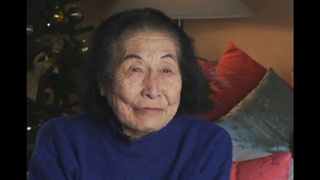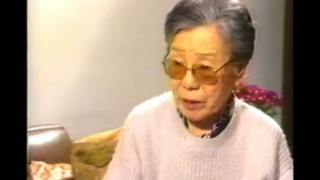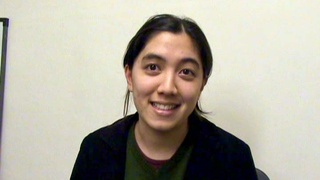Interviews
Luckiest Issei
My father is just like one of the Issei, work hard, and be honest. And everything keep clean. And obey to order. So I think Mr. Cotton liked my father's working habits...? Not habits... ethics. So once my father felt Mr. Cotton's kindness, he believed him like a god, I guess. And also, Mrs. Cotton teaching him everything, high society's manners. So my father, when I was a kid, my father was very strict about table manners, how to eat with a fork and knife, how to drink soup, how to eat and cut meat.
After you guys growing up, and maybe they want back to USA or foreign student to America. That time, I don't want you guys to get poor feeling from the white student, so you should know the manners, etiquette. That was my teacher's, what my father taught us. That was all learned from Mrs. Cotton. So overall, my father was really luckiest Issei, I guess.
Date: January 31, 2012
Location: California, US
Interviewer: John Esaki, Yoko Nishimura
Contributed by: Watase Media Arts Center, Japanese American National Museum














